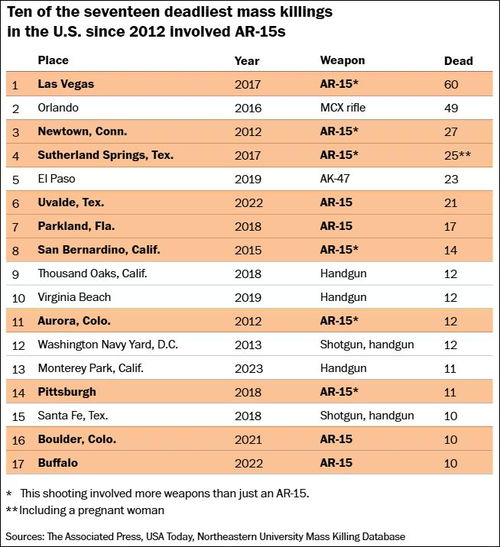Ar-15 Buying: A Comprehensive Guide
When it comes to purchasing an AR-15, there are numerous factors to consider. This guide will walk you through the process, from understanding the basics to making an informed decision. Whether you’re a seasoned shooter or a beginner, this article aims to provide you with the knowledge you need to make the best choice.
Understanding the AR-15

The AR-15 is a popular semi-automatic rifle that has gained a reputation for its accuracy, reliability, and customizable features. It’s important to have a basic understanding of the rifle before making a purchase.
The AR-15 is an abbreviation for “ArmaLite Rifle 15,” named after the company that designed it. It’s a gas-operated, magazine-fed firearm that uses a rotating bolt to cycle the action. The rifle is known for its lightweight, ergonomic design, and modular components, which allow for easy customization.
Types of AR-15s

There are several types of AR-15s available, each with its own unique features and benefits. Here’s a brief overview of the most common types:
| Type | Description |
|---|---|
| Standard | Features a traditional gas system and is suitable for various shooting applications. |
| Carbine | Shorter in length, making it more maneuverable and suitable for close-quarters combat. |
| Handguard | Modular design allows for easy attachment of accessories, such as lights, lasers, and scopes. |
| Barrel Length | Varies from 10.5 inches to 20 inches, affecting the rifle’s weight, balance, and velocity. |
Choosing the Right AR-15

When selecting an AR-15, consider the following factors:
1. Purpose
Think about what you’ll be using the rifle for. Are you looking for a firearm for hunting, target shooting, or self-defense? Your purpose will help determine the features and specifications you need.
2. Budget
Set a budget for your purchase and stick to it. Keep in mind that higher-end models may offer better quality and features, but there are also many affordable options available.
3. Caliber
The caliber of an AR-15 refers to the size of the bullet it fires. Common calibers include .223 Remington, 5.56 NATO, and .308 Winchester. Research the pros and cons of each caliber to determine which one suits your needs.
4. Build Quality
Examine the rifle’s build quality, including the materials used, fit, and finish. A well-built AR-15 will be more reliable and durable.
5. Customization Options
Consider the rifle’s customization options, such as the handguard, stock, and barrel. These components can be easily swapped out to suit your preferences and needs.
6. Accessories
Think about the accessories you’ll need for your AR-15, such as sights, scopes, and magazines. Ensure that the rifle you choose is compatible with the accessories you plan to use.
7. Legal Considerations
Be aware of the legal requirements and restrictions in your area regarding the purchase and ownership of an AR-15. This may include background checks, waiting periods, and specific regulations for certain calibers.
Where to Buy an AR-15
When purchasing an AR-15, you have several options:
1. Local Gun Stores
Local gun stores offer a wide selection of AR-15s and provide the opportunity to handle and inspect the firearm before purchasing. Additionally, they can assist you with any legal requirements and provide after-sales support.
2. Online Retailers
Online retailers offer a vast selection of AR-15s and often provide competitive pricing. However, it’s important to ensure that the seller is reputable and offers reliable shipping and customer service.
3. Gun Shows
Gun shows can be a great
